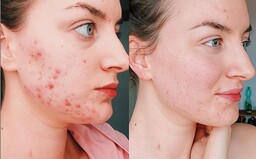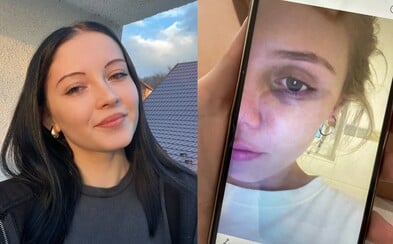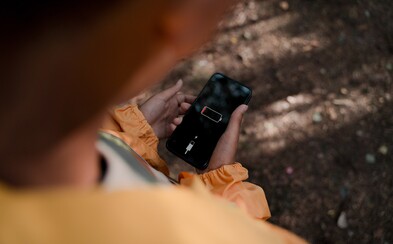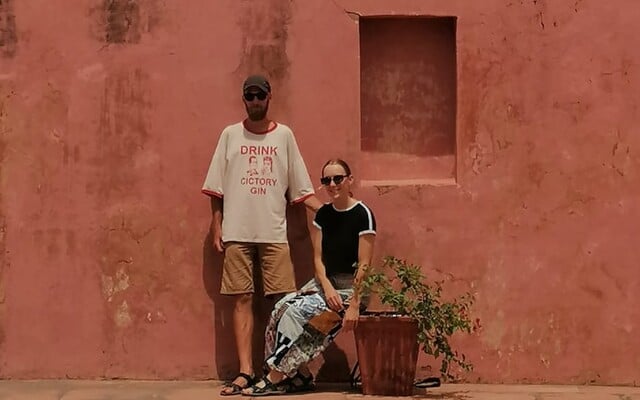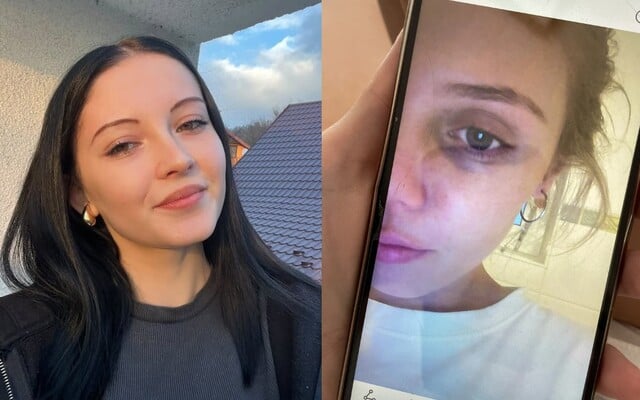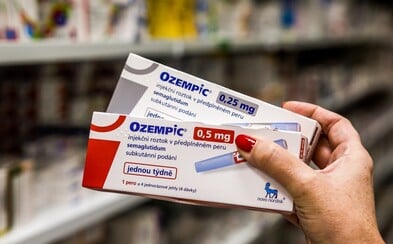 Ozempic can cause vision loss. A new study has shown a link between the drug and eye problems
Ozempic can cause vision loss. A new study has shown a link between the drug and eye problems
Ozempic can cause vision loss. A new study has shown a link between the drug and eye problems
Ozempic can cause vision loss. A new study has shown a link between the drug and eye problems
DNA TESTS: Is Our Soulmate Written In Our Genome and Can We Generate Ideal Children?
We've asked a geneticist if we can scientifically learn about who's the right partner for us and what are the boundaries of DNA analysis.
If problems persis, please contact administrator.

Oral swab or a strand of hair. Scientists can learn a great deal about you from such details today. Is it possible to find real love by using the information in your DNA?
The main idea of the British series The One on Netflix is that everyone on the planet has one perfect partner chosen for them. People are said to be united by information found in their DNA. Rebecca Webb, the geneticist who later becomes the director of a successful company, guarantees her clients that they will fall deeply in love with their "match". That it will be as if they have always known each other, and they will feel that they belong together forever, clicking perfectly.
The French series Osmosis is even more detached from reality. It is also about a matchmaking service based on the human DNA, but the second half is found through chip implants. The software works with genetic information and is so advanced that you can even enter augmented reality with the love of your life in it.
Could these scenarios be a realistic prediction of the future?
- The possibility of DNA matching
- What scientifically affects the act of falling in love
- Whether it makes sense to check the compatibility with your partner
- What good is DNA analysis before having children
- How geneticists handle human data and whether they can program an ideal offspring
Are our soulmates engraved in our DNA?
Michaela Šišková is a geneticist and the Co-Founder and Head of the Slovak company DNA ERA. It is a direct-to-consumer genetic service, dedicated to the analysis and interpretation of DNA. Hence, she is an expert on what exactly can be learned from human DNA. REFRESHER asked for her opinion on various sci-fi series that deal with the use of DNA in the field of matchmaking and dating.
„The One series has a very interesting proposition, but it's still very far from reality,“ Michaela Šišková says. A number of people from DNA ERA have watched the series, since the theme spoke to them, but according to her, the research in genetics has not yet made it that far. She emphasized that relationships are very important in nature, and especially for mammals. For reproduction, for establishing a stable environment to raise offspring and for the development of society.
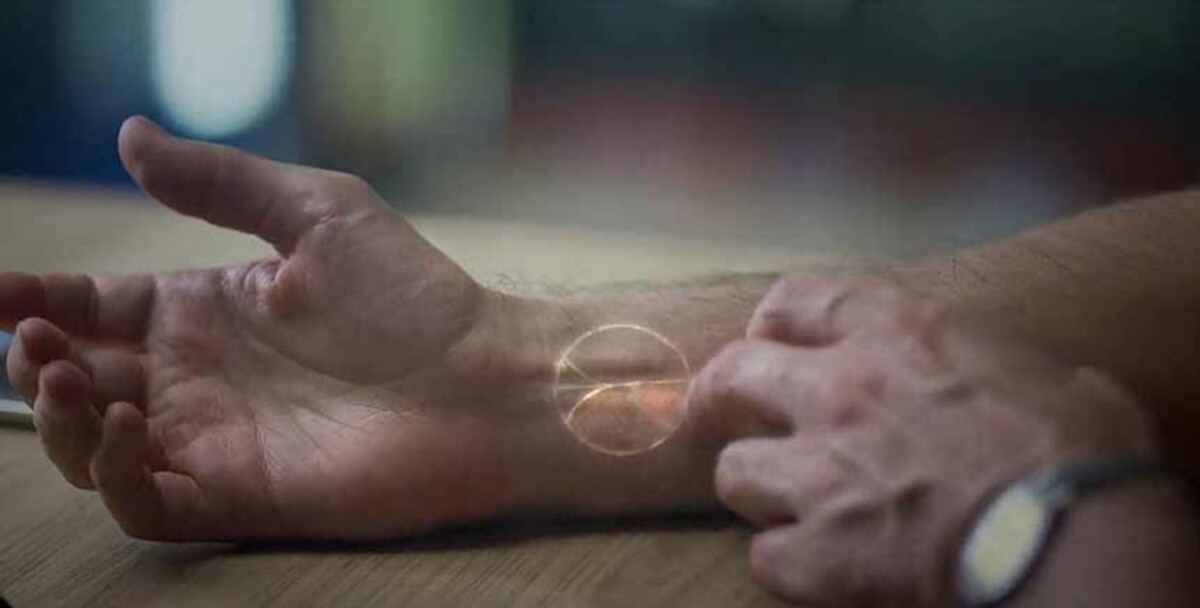
„The first step for people in creating such a union is the feeling of being in love. This whole process is very complex and hormones such as testosterone, estrogen, dopamine, oxytocin or vasopressin play a key role in it.“
We call these hormones signal molecules. From the biochemistry point of view, they transmit information between cells. According to the geneticist, human genes also play a role in this hormonal signaling: the genes control the hormonal production, and some hormones influence the activity of various genes on the other hand.
So the relationship is quite complex, but Michaela Šišková points out that whether you feel in love or not is also influenced by various environmental factors. "The exact mechanism we do not know yet, unfortunately. For that reason it isn't yet possible to choose the ideal partner solely based on the primary DNA sequence," she explained to REFRESHER.
We could compare the "scientific" part of The One to the futuristic Black Mirror sci-fi series. There might be some potential, but scientists have not gone that far yet and they are not sure if such scenarios can ever become reality at all. Meanwhile, Slovak television is airing the second season of the show called 'Wedding At First Glance' that's based on scientifically enhanced love.
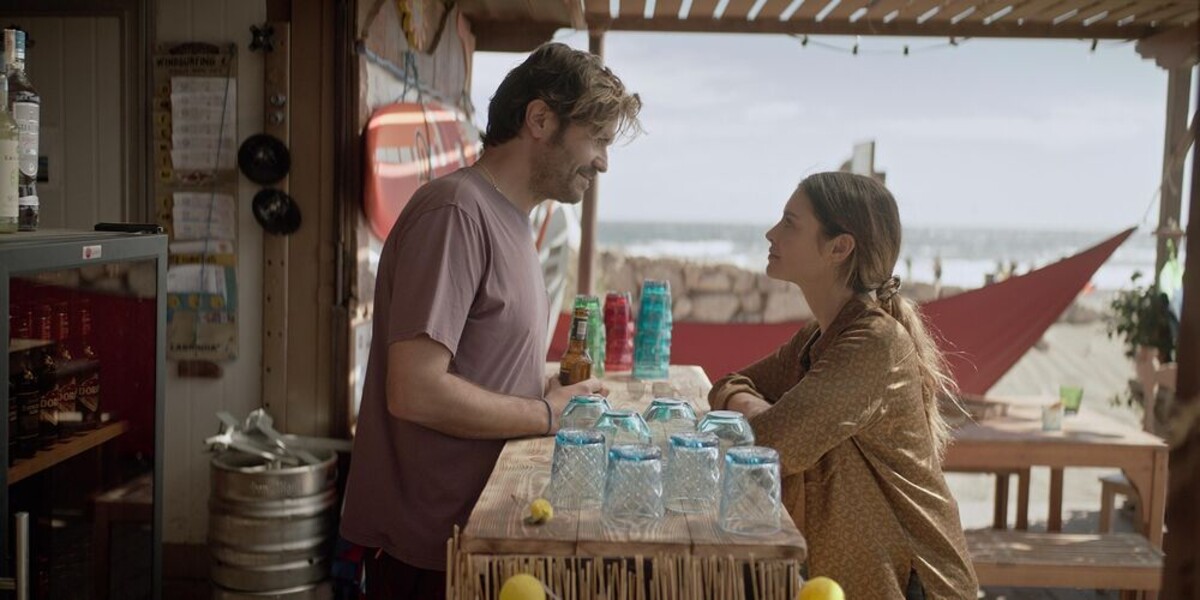
This time, the team of experts consists of the psychologist Aleš Bednařík, geneticist Jaroslava Babková and matchmaker Diana Fabiánová. "Based on the DNA analysis, we can identify those individuals who are biologically programmed to be able to function together biologically," says the geneticist. The show tries to create an impression that it uses a professional scientific research.
However, Michaela Šišková thinks that such view is, naturally, distorted. "Because it is such a collection of complex interactions between genes, hormones, and environmental influence, my opinion is that it will never be possible to find love based on a primary sequence and match it between two people."
The search for love through science is still music of the future, but the mere thought of the kind of intimate information someone can read from your DNA sounds very scary. However, it does also have several advantages and you can use some of them in your relationship.
Are you and your other half DNA compatible?
In 'Wedding At First Glance', they didn't deal with the guarantee of love and did not look for a single chosen partner. In the field of genetics, they focused more on the so-called DNA compatibility - that is, whether the partners have DNA's that complement each other.
They looked at the differences in the primary DNA sequences of the individual participants. The more they were defined, the more they fit together. According to Michaela Šišková, this makes sense from a health point of view: the more the partners differ in their individual predispositions to different diseases, the better it is for them and their children especially.
"The child is then less likely to inherit any illnesses. From this point of view, it might be considered "matching", but it would be a very strong comparison," says the geneticist. According to her, there is a growing interest in this type of genetic tests. Once the couple is able to find out what risks each of them carries in their DNA, they are then able to continue to work with it.
"The disease does not affect you as a carrier, but it can affect your child. For example, if my husband and I were carriers of cystic fibrosis, there would be a 25% chance that our child will suffer from this disease. ” Michaela Šišková says that a clinical geneticist can continue to work with this piece of information.
Hereditary diseases whose potential risk can be verified by genetic tests include, for example, hemochromatosis (accumulation of iron in the body), phenylketonuria (metabolic disorder) and the above-mentioned cystic fibrosis. Your DNA may not tell you who you'll fall in love with or who you are meant to be with, but if you are planning children together, it will help you prepare for parenthood better and improve the prevention of potential risks.
However, according to Michaela Šišková, people don't just come together and part ways based on something they've learned from their DNA, as is shown in The One series. Love may be the reason. It often brings people to make crazy decisions, but in the real world, they simply cannot "read" them in their genes.

Will we be able to "program" ideal children?
In addition to hereditary diseases, genetic tests can reveal much more: what diseases are a potential threat to a person, what are one's intolerances and what sports or nutritional predispositions one has. They can show if a person, who is naturally a sporty type, can have obese children, or how the chances of a promising sporty offspring decline if one's partner has other predispositions.
According to Michaela Šišková, the inheritance of any ability or talent is more of a coincidence. "If your future husband is an elite endurance athlete, it doesn't necessarily mean that your child will be as well. However, it could be estimated what type of sport he will be more predisposed to. Whether more strength or endurance inclined, " says the Chief of DNA ERA.
Of course, you can totally run marathons, even if your DNA says you'd do better in strength athletics. Also, you may have a genetic predisposition to strength sports, but still, if you'll overeat and skip on exercise, you probably won't become a bodybuilder.
We are in charge of our lifestyle ourselves and to a certain extent we also adjust the lifestyle of our children. Unlike most sci-fi shows that focus on the analysis or modification of the human genome, and the characters actually follow what they learn from DNA, in real life, we stay in charge of all that.

Still, human genes affect the performance in sports up to 66.6%. Interestingly enough, in endurance sports, anyone can train their way up, even if there's no predisposition in their DNA. This is not the case with power sports, Michaela Šišková points out.
"You need to have a specific type of muscle fibers. You can work hard on yourself, be good, but you'll never be as good as someone who has it written in their DNA. ” This doesn't mean that it won't make sense to engage in a particular sport activity, but for professional athletes, for example, it really makes sense to look into what their genes actually indicate.
Some young people nowadays choose not to have children. The main reason is usually a concern for the ecological future of the planet. Theoretically, a DNA analysis of their partner could also be included in this decision.
We've asked the Slovak geneticist whether, according to her, it is realistic for people to choose partners in the future according to the potential they can pass on to their children. Also, whether people would potentially be willing to enter into influencing other genetic factors than just the really demanding hereditary diseases that complicate their life, in her opinion.
"I am afraid there is a high probability that it may affect interpersonal relationships in this way. It's quite likely. Genome modification has been gaining prominence lately, frightening the 'test tube babies' who have their genomes modified according to what their parents desire.” The most terrifying example is of people not only choosing the type of modifications that adjust flaws or remove hereditary disease, but "setting" the eye- or hair- color, height, IQ and other elements that are currently purely in the hands of nature.
"I am terrified of such 'playing the God' games," says Michaela Šišková, adding that the original intention of the scientists was to help. If she'd find out that her child would be born with a paralysis or blind, and it would be possible to genetically modify it before birth, she'd allow interference with the genome in this case.
"That child could have a full life, I would not hesitate to go for it. But the difference is in having the child's genome repaired and the child being able to see, or having my eye color designed, which is irrelevant to the quality of life.“
The civilized world will have to open these challenging questions more and more in the future. The more the scientists are able to influence the human genome, the more extreme the interventions into it could be.
Getting back to various sci-fi predictions, from the "perfect people" versus "love products" in the old Gattaca film to the state-controlled genome influence and the scientific conditioning and training of "appropriate social behavior" in Huxley's Beautiful New World (which you can now watch on Netflix as a series).

DNA trading
Social networks also had a nice idea, originally. However, in the recent years, we have witnessed the litigation over insensitive personal data handling. Also, in The One, some Parliament Members tried to limit the use of the human DNA. In fact, so far there are only a few laws that would directly determine what can and cannot be done. Even according to the geneticist, caution is appropriate here.
"This is a very sensitive topic, we care about it a lot in the DNA ERA and we pay attention to maximum security of our clients' data." Part of their sampling process is the registration of a test tube, which has its own unique identification number. The whole process is therefore anonymous, no one in the laboratory knows to whom the sample belongs. They will send the results to an email registered for the specific tube.
The laboratory will destroy the sample within a month of processing, and delete the raw data as well. Only anonymized group statistics will remain, using which they can subsequently better monitor trends in the health status.
However, various conspiracy voices are already resonating on all that can be done with DNA. For example, the Chairman of a local political party attacked the DNA ERA company on Facebook. He criticized the discount provided by an insurance company to its clients for their tests and he talks about the targeted collection of human DNA samples. "To know the exact health details about each one of you. So they could choose and set accordingly. What? Just think," he wrote on Facebook. Hoaxers and conspirators in the DNA field are now on the rise.
In addition to incorrect information about the price - policyholders have a 50% discount on the test, they do not get it for free - Michaela Šišková also refutes his claim about working with DNA. "It is sad that someone spreads such rumors. However, we are here for those who believe in science and want to improve and enhance their lives. "
If problems persis, please contact administrator.



